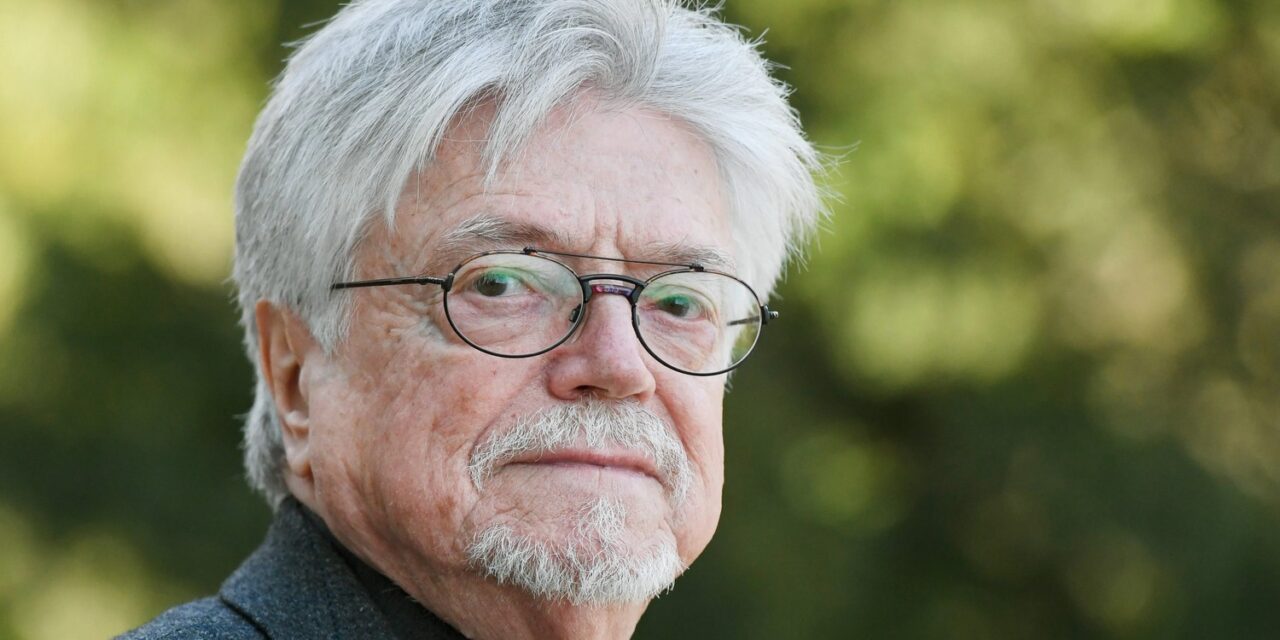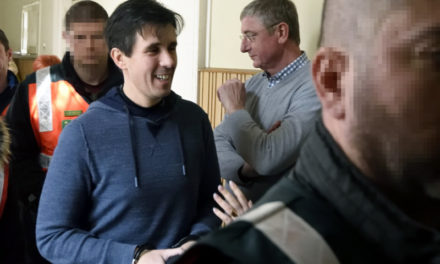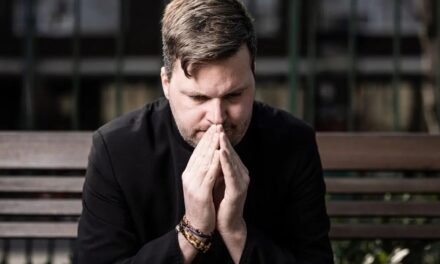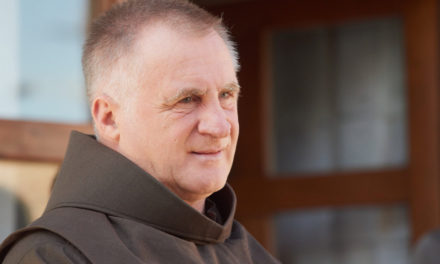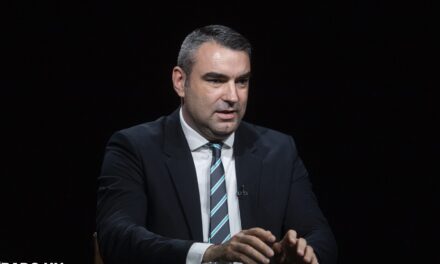Today, world Bolshevism threatens from the west, the musical legend believes. Where to next, Europe? What do you think about the protracted war? Are we pro-Russian? Levente Szörényi spoke about these and, of course, Katalin Novák's pardon case as well. Interview.
We had already arranged the interview when the pardon case broke out - you left the head of state's advisory board, and then Katalin Novák resigned.
I recently took the group photo off the wall, which was taken last May. Everyone in the Castle received it framed after the first meeting of the advisory board. To this day, I'm proud to have been there, I can't help but think that it unfortunately became useless. I helped while I could.
I don't care how my opponents who are preparing for the election evaluate what happened, but I was relieved to note the exemplary decision of the head of state, as well as the Prime Minister's year-end speech, in which he said: there is no mercy in relation to pedophilia.
While my throat was a bit tight, as Katalin represented serious quality. But now we have to move on, besides the fate of the country, I am also concerned with my own - next year I will turn eighty, and the Illés band will be sixty years old. I would like to celebrate both in good health!
So be it! In advance, we stayed there, we are talking about the challenges of belonging to the nation. What do you think it means to be Hungarian today?
A decision that becomes an emotion in a conscious, spiritual and spiritual sense. Community of fate and commitment. I don't think there is an exact term for this, one somehow brings with him the commitment to the future of the nation.
Many times I have been told "I'm explaining". I never understood that. According to them, does an Austrian "Austrianize" and a Swede "Swedize"?
This curse word was probably invented against those who are in the way of those who think in globalist ideologies that destroy nations. The dismantling process did not start yesterday, and we can see it in Europe, unfortunately it seems to be coming to an end. The stigmatization of "Hungarians" is one of the technical solutions of the forces fueling the aspirations of world domination.
Serious words, and we will return to Europe. Would you liken this process to the despotic aspirations of the twentieth century?
Both the Bolsheviks and the Nazis wanted to dominate humanity and transform societies by force, obviously according to their devilish ideology. Even their symbols were taken from ancient symbols of cosmic origin. However, I have already drawn attention to the fact that anyone who mistakenly wants to improve the world in this way can be a communist. The real danger is "minority" Bolshevism.
As for "being Hungarian": you also have German and Slavic ancestry, and somewhere you said that being Hungarian is not a matter of descent or blood.
Exactly. I recently surprised my niece, who lives in Bilbao, with a map of the Carpathian Basin, on which I marked where our family is from and also where our relatives lived and are living since the Second World War. Spain, Switzerland, France, Canada - I could list them. Or there is one of my grandfathers, uncle Paul Iván of German origin, who was the state secretary of the Ministry of Finance during the Horthy era, and then fled from the arrows. However, the name Szörényi was already taken up by the carpenter, who was born as Groda in Oravicabánya, in the former Szörényi bánság; since his Hungarianness was important to him, he wanted to express it in this way.
"He wanted to be more Hungarian than the original Hungarian."
It shows. That's how I became Szörényi. By the way, my Austrian birth certificate shows Bálint, or rather Valentin, because Grandma Csuka - a former piano teacher at the Academy of Music - insisted on a Christian name. It was also included on the German-language document with Gothic letters. We could trace our family tree all the way back to the times Anonymus mentioned, our roots are deep. After that, you may really wonder what makes a person feel Hungarian. I say, maybe there is no precise definition for it. Our parents didn't tell us about many things, especially in the fifties. It was hard times, there was a lot of fear after we came back from Austria, where I was born. Perhaps the most important spark for me was when I realized with an adult head how much of an undertaking their return home was. The tutor later said: he wanted to raise us as Hungarians at home in Hungary. That's it.
It would be time for Europe to finally wake up, but unfortunately the people are put to sleep"
The full interview can be read on Mandine!
Featured image: MTI/Szilárd Koszticsák

